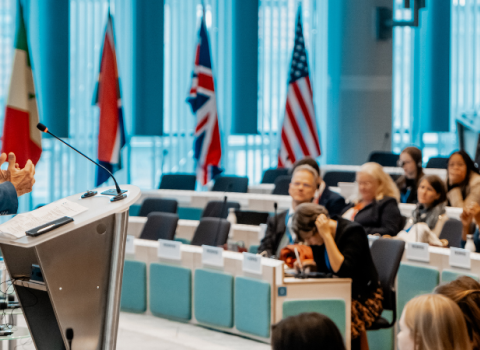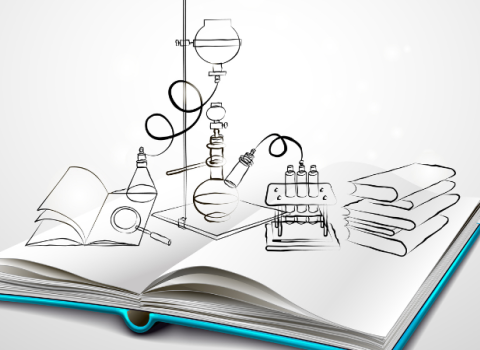Italian researchers and professors have spent over 2.5 million dollars to publish articles in predatory journals, that is journals which boast scientific standards they do not respect. The data emerges from a study carried out by Mauro Sylos Labini(photo) from the Department of Political Sciences of the University of Pisa, by Manuel Bagues from the University of Warwickin England and by Natalia Zinovyeva from the University of Aalto in Finland. These three researchers examined the CVs of 46,000 researchers and professors who participated in the first edition of the National Scientific Qualification 2012-13, the first stage in the procedure necessary to become a professor in Italian universities. The results of their analyses have just been published in the monographic edition of “Research Policy” journal, which is devoted to the theme of bad scientific practices.
“A conservative estimate based on our study suggests that in order to publish around 6,000 articles, the researchers surveyed spent more than two and a half million dollars, an average of 440 dollars per article,” says Mauro Sylos Labini. “A part of this figure comes directly from the pockets of the researchers, but a part comes from their public research funds, and it is, however, an estimate which does not take into consideration the cost of attending ‘predatory’ conferences often associated with these publications.”
The study reveals that, overall, more than 2,000 researchers, around 5% of the participants in the National Scientific Qualification, have published in ‘predatory’ journals. The scientific sectors most affected are Economics and Business. However, on the financial side, the misuse of resources appears to be higher in Medicine where some researchers have paid up to 2,500 dollars to publish one article.
“The financial cost is actually the classic tip of the iceberg,” concludes Sylos Labini. “The fact that many researchers and professors publish articles in these journals and include them in their CVs shows that there are major problems in the evaluation of research. Our results, in fact, suggest that when this assessment is carried out by inexperienced researchers these articles may even receive a positive evaluation.”
This release was first published 23 April 2019 by the University of Pisa.





 A unique international forum for public research organisations and companies to connect their external engagement with strategic interests around their R&D system.
A unique international forum for public research organisations and companies to connect their external engagement with strategic interests around their R&D system.